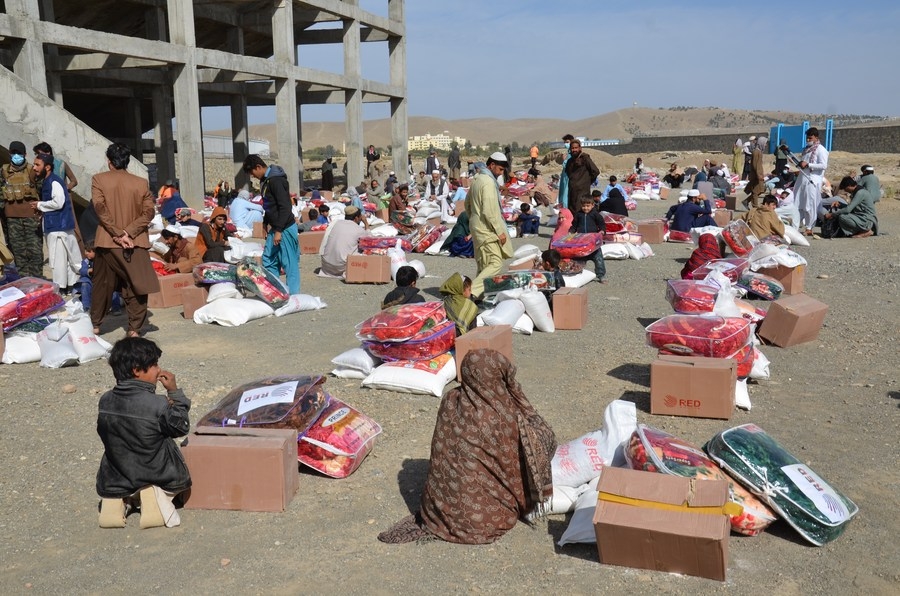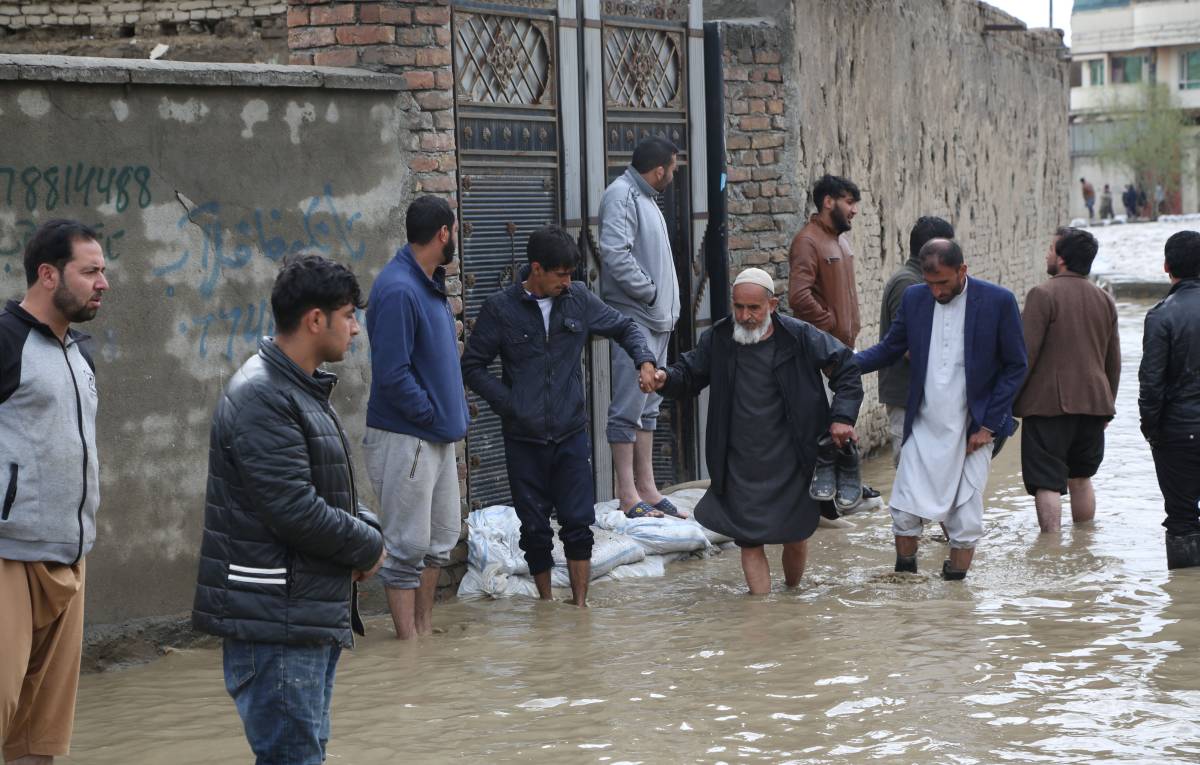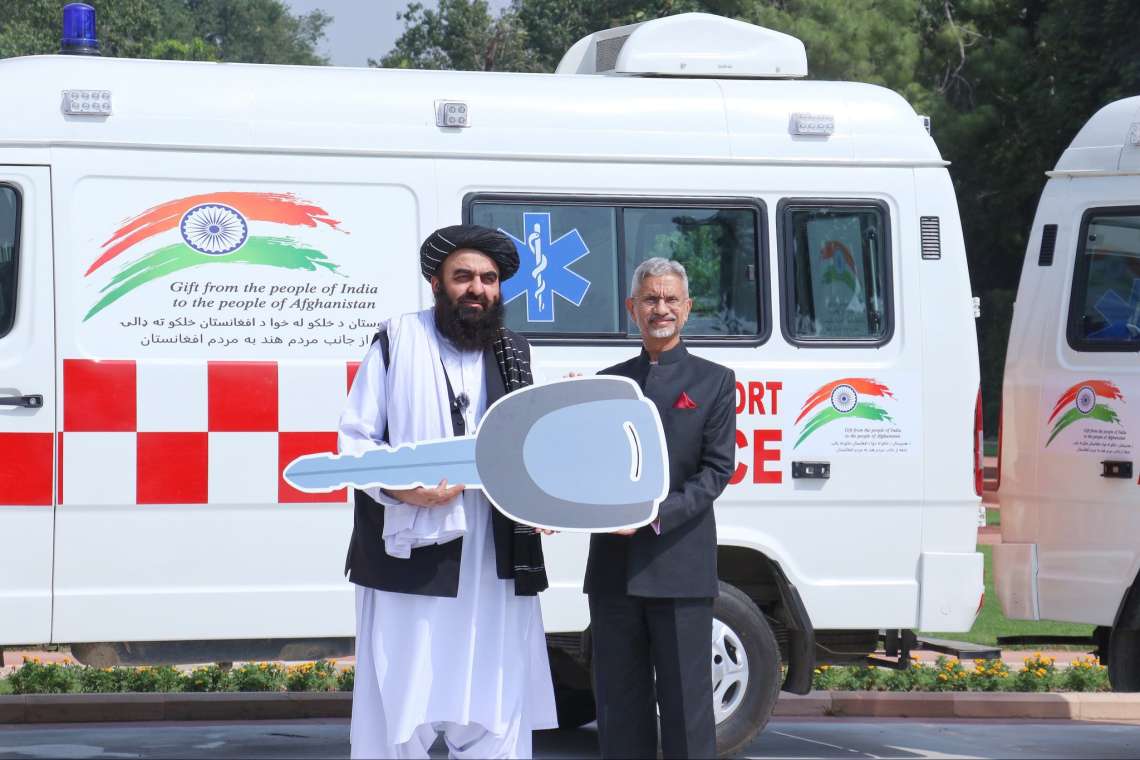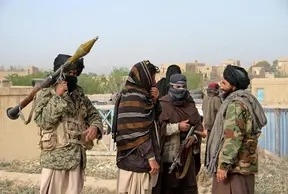David Beasley, executive director of the UN World Food Program (WFP), warned of possible starvation to hit Afghanistan hardest if funding is not received immediately…reports Asian Lite News
Recent heavy rains and flash floods in seven provinces of Afghanistan has affected at least 645 families, according to Khaama Press citing United Nations Mission.
The organisation said the international aid organisations are assessing the delivery of life-saving aid to the affected families throughout Afghanistan during these difficult times. According to the UN agency, the low budget has restricted the organization’s ability to speed up its vital aid to needy families in the country.
In the recent past, Afghanistan has witnessed heavy rains, flash floods and earthquakes, which has adversely affected the living condition of ordinary people, and multiplied their problems for survival.
On Tuesday, David Beasley, executive director of the UN World Food Program (WFP), warned of possible starvation to hit Afghanistan hardest if funding is not received immediately.
Beasley wrote on Twitter that the world cannot turn its back on the Afghan people in this hour of unprecedented crisis, and donor countries and aid organisations should generously contribute to help the people of Afghanistan during these difficult times.
Decades of complex and protracted conflicts, combined with a changing climate, gender inequalities, rapid urbanization, underemployment, and the recent regime change in the war-torn country pose considerable challenges in efforts to achieve zero-hunger and improved nutrition in Afghanistan.

About half of Afghanistan’s population lives below the poverty line, and food insecurity is on the rise, largely due to conflict and insecurity cutting off whole communities from livelihood opportunities.
As per the latest UN reports, nine out of ten Afghans do not eat enough, and roughly two-thirds of the population, or 28.3 million people, are projected to need humanitarian assistance in 2023, nearly four million more than last year.
Since the return of the Taliban to power in August 2021, followed by a severe economic crisis, the problems of ordinary people have been compounded by droughts and floods. Families are struggling for survival as they have no other means of income to feed mouths other than relying on humanitarian aid, according to Khaama Press. (ANI)













